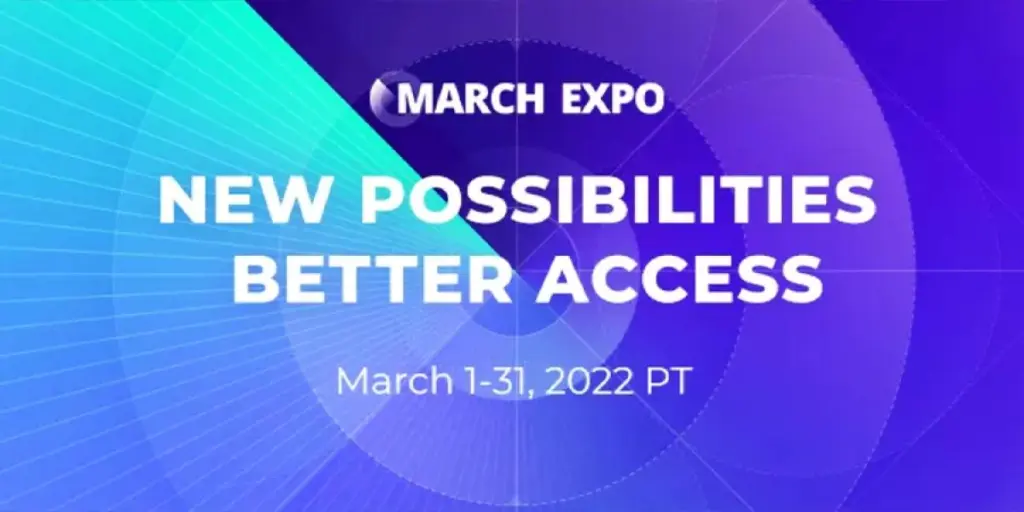US
Walmart: New Brand Appeals Across Income Levels
Walmart’s newly launched private label, bettergoods, is attracting consumers from both low and high-income households. A survey by Numerator reveals that low-income families are 34% more likely and high-income families are 20% more likely to purchase bettergoods compared to Walmart’s Great Value brand. The study indicates that 40% of bettergoods ice cream buyers have an annual income below $40,000, 33% earn between $40,000 and $125,000, and 27% makeover $125,000. Bettergoods consumers tend to be younger and more focused on natural foods and dietary restrictions. This brand shift is boosting Walmart’s profits as it encourages upgrades from Great Value products.
US Consumer Trends: Rising Online Purchases of High-Value Items
A survey by Adtaxi shows an increasing willingness among American consumers to purchase high-value items online. The percentage of consumers willing to buy homes, cars, and large appliances online has risen to fifty six percent, 58%, and 78%, respectively. Overall, 93% of U.S. adults now shop online, with twenty six percent doing so daily and 43% weekly. Online spending from January 1 to April 30 increased by 7% year-over-year, totaling nearly $332 billion. Free shipping remains the top factor influencing purchasing decisions, followed by product reviews and search richness.
Target Q1 2024 Earnings
Target reported a year-over-year sales decline for Q1 2024, missing Wall Street’s earnings estimates. The company’s revenue aligned with expectations, but its net income slightly fell to $942 million from $950 million in the previous year. Discretionary categories, including apparel and home goods, saw decreased spending, while digital sales grew 1.4%. Target has introduced price cuts on everyday items and relaunched its loyalty program to attract cost-conscious shoppers. The retailer expects to return to sales growth in Q2 2024.
Target, Walmart, and McDonald’s: Pricing Strategies Amid Economic Challenges
Target, Walmart, and McDonald’s are employing aggressive pricing strategies to attract consumers amid economic uncertainties. Target is reducing prices on thousands of grocery and household items. Walmart has launched a premium food brand aimed at higher-income customers, offering most items under $5. McDonald’s continues to provide value meals and promotional offers to draw in budget-conscious diners. These moves reflect the companies’ efforts to maintain market share and customer loyalty in a challenging economic environment.
Globe
TikTok: Potential Major Global Layoffs
TikTok has announced significant layoffs within its operations and marketing teams. The job cuts, expected to affect a substantial number of the 1,000 employees in its global user operations, content, and marketing departments, come despite the company’s previous smaller-scale layoffs. TikTok plans to dissolve its global user operations team, redistributing remaining staff to trust and safety, marketing, content, and product departments. This move follows earlier layoffs of dozens of employees at the beginning of the year. TikTok has yet to respond to these reports.
Mexican Market: Chinese E-commerce Platforms Surging
Chinese e-commerce platforms Shein, AliExpress, and Temu are gaining traction in Mexico, surpassing local retailers like Walmart and Liverpool in user numbers. In April, Temu had 15 million active users, followed by AliExpress with 11.2 million and Shein with 10.1 million. This growth has contributed to a 12% increase in overall e-commerce market traffic in Mexico. However, these platforms face criticism for allegedly evading taxes, leading to calls for stricter regulation to ensure fair competition.
Mexican Consumer Preferences: Online Shopping Influences
A study by Movizzon reveals that 75% of Mexican consumers consider themselves frequent e-commerce shoppers, with 40% planning to maintain their current purchasing frequency. The platform’s reputation significantly impacts purchasing decisions, with 20% of consumers avoiding brands due to poor past experiences. Customer service quality is a major factor, with 40% switching brands after negative interactions. Despite these challenges, 80% of Mexican consumers report positive online shopping experiences, with safety being the top priority for payment methods.
Amazon: Building Micro Mobility Hubs in the UK
Amazon is establishing a network of micro mobility hubs across the UK to enhance its last-mile delivery operations. These hubs will utilize electric cargo bikes and on-foot delivery personnel to reduce carbon emissions and improve delivery efficiency. The initiative aligns with Amazon’s commitment to achieving net-zero carbon by 2040. The micro mobility hubs are expected to streamline urban deliveries, reduce traffic congestion, and provide faster service to customers in densely populated areas.
AI
Google: Enhancing Retailer Tools with AI
Google is launching new AI-driven tools to assist retailers in promoting their products. Google Search will feature visual brand search profiles showcasing information from Google Merchant Center and Shopping Graph. The updates include displaying product images, videos, customer reviews, and current promotions. Google is also enhancing its Product Studio tool, enabling merchants to create customized product images and videos for free. New ad formats driven by generative AI will be available in late 2024, allowing shoppers to view virtual try-ons and product recommendations.
IBM and Honda: Developing AI Chips for Software-Defined Vehicles
IBM and Honda have announced a collaboration to develop AI chips for software-defined vehicles. These chips aim to enhance vehicle performance, safety, and autonomous driving capabilities. The partnership leverages IBM’s expertise in AI and semiconductor technology and Honda’s automotive engineering prowess. This development marks a significant step towards the integration of advanced AI technologies in the automotive industry, paving the way for smarter, more efficient vehicles.
News Corp and OpenAI: Strategic AI Partnership
News Corp is partnering with OpenAI to explore the use of artificial intelligence in journalism and media. The collaboration focuses on utilizing AI for content creation, data analysis, and personalized news delivery. News Corp aims to leverage OpenAI’s advanced language models to enhance its editorial processes and audience engagement. This strategic alliance underscores the growing importance of AI in transforming traditional media landscapes.
DeepL: Secures $300 Million Investment for AI Translation
AI translation startup DeepL has secured a $300 million investment, raising its valuation to $2 billion. The funding will support DeepL’s expansion and development of advanced translation technologies. DeepL’s AI-driven translation services are renowned for their accuracy and efficiency, making it a key player in the global translation market. This investment underscores the growing demand for sophisticated AI translation solutions in a globally connected world.
Nvidia: Strong Q1 2025 Earnings Report
Nvidia reported robust Q1 2025 earnings, driven by strong demand for its AI and gaming products. The company’s revenue and net income significantly exceeded market expectations, reflecting its leading position in the AI and semiconductor industries. Nvidia’s advancements in AI technology, including its GPUs and data center solutions, continue to fuel growth across various sectors. The positive earnings report highlights Nvidia’s critical role in the ongoing AI and digital transformation.




